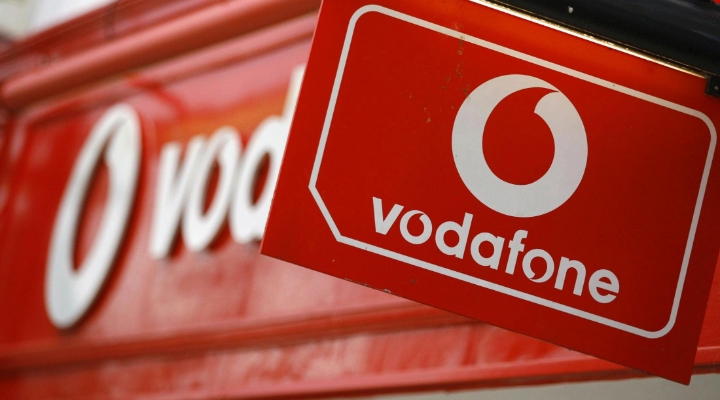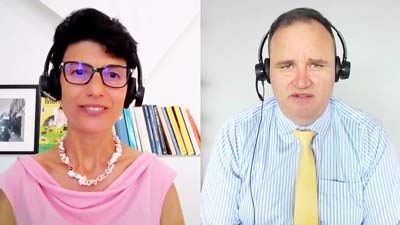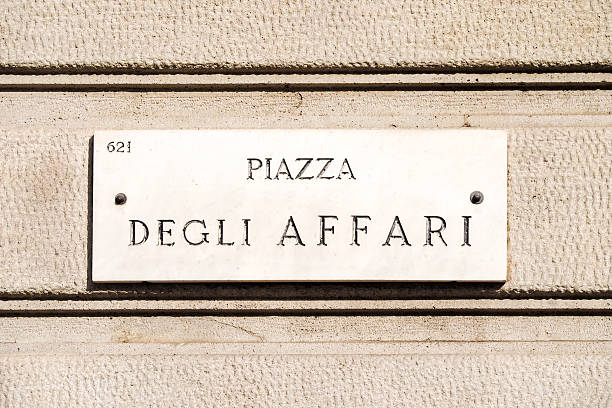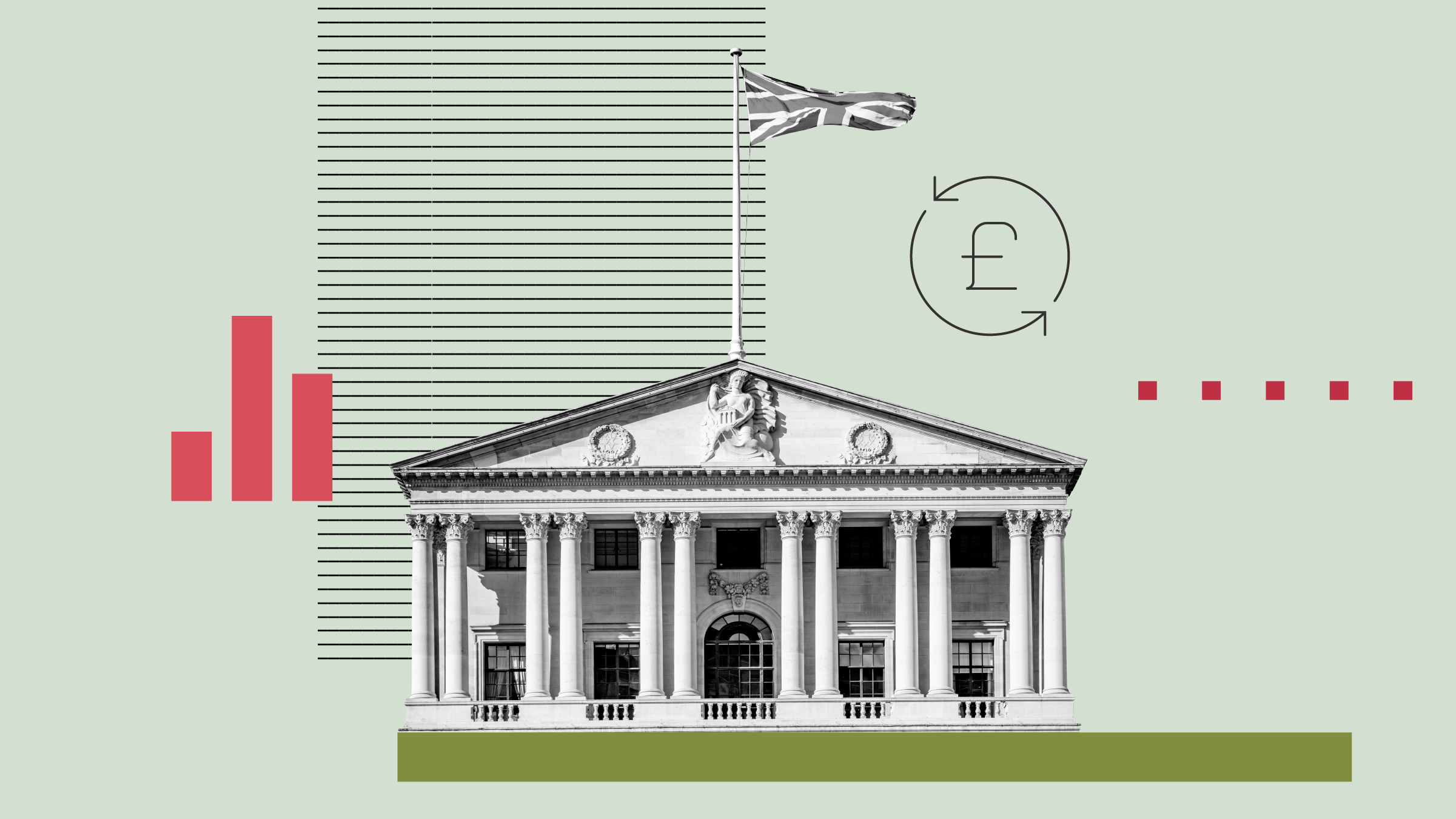
No-Moat Vodafone Group (VOD) announced the sale of its Italian business to Swisscom for €8 billion last week, as part of newly-appointed chief executive Margharita Della Valle's plan to dispose of "value-destructive" assets.
The FTSE 100 company is also set to return €4 billion (£3.4 billion) to shareholders in a share buyback scheme in the new financial year. But it will also cut its dividend to 4.5 cents per share from next year, down from 9 cents in 2024.
Upon the news, shares in Vodafone jumped 4% to 68p. However, the company's share price has been ailing, suffering a loss of 53.67% over the five years to March 2024. At the time of writing it is trading at 66.83p.
However, Morningstar's fair value estimate exceeds the current share price, with the expectation thast Della Valle's reforms will reinvorgate market optimism around the telecommunications giant.
Key Morningstar Metrics for Vodafone
• Fair Value Estimate: 125.00p;
• Morningstar Rating: ★★★★★;
• Morningstar Economic Moat Rating: None;
• Morningstar Uncertainty Rating: Medium.
Why Has Vodafone Sold its Italian Business?
Javier Correonero, equity analyst at Morningstar, welcomed Della Valle's push to sell the Italian arm of the business, arguing Italy had become a hypercompetitive market in recent years, with the business struggling to combat price wars that eroded its top line.
"Mobile service providers continue to offer aggressive discounts and more-for-less plans, causing mid- to high-single-digit revenue declines," he says.
"In Italy, Vodafone lacks a proprietary fixed-line network, which normally provides more resilience to withstand competitive pressures."
In his view, Della Valle has acted decisively in identifying and resolving the issues surrounding Vodafone's underperforming businesses in Italy, Spain and the UK.
The sale to Swisscom marks a full exit from Italy, a market where, a spokesperson from Vodafone said, it was "not possible" to get returns on capital. This follows the company agreeing to sell its Spanish operations for around €5bn to private equity firm Zegona Communications.
Meanwhile, in the UK, Vodafone and CK Hutchison announced they would marry their mobile telephone businesses in a £14.98 billion merger.
Is There Hope For Vodafone Shares?
Correonero now believes Vodafone's share price has been punished excessively by the market leading to a low valuation.
"That value might take time to materialise," he says.
"Hopefully once these transactions are completed, Vodafone will be a bit simpler, meaning there will be more cash flow visibility, because the problem sometimes with these huge companies like Vodafone is that they are so big.
"It's such a conglomerate that one market might be going well, another market might not do so well, so in the end the different markets offset each other, so it's never a clean-cut story."
Although Vodafone has a competitive advantage in Germany, Central Europe, and investor enthusiasm around its reach in frontier markets in Africa and the Middle East, telecommunication companies still face almost zero growth in developed markets.
Telecommunications, which are capital-intensive businesses, were all the rage in the early 2000s around the time of the dot.com bubble, when the penetration of phones and the internet were a novelty. But nowadays new entrants struggle because of the successful and wide proliferation of internet and mobile phones in the West.
"In general, mobile and fixed-line services in developed countries are commodity products with little differentiation, so it is unlikely that new entrants will be willing to deal with the massive up-front investments and regulatory requirements required to enter," Correonero says.
"New entrants also know incumbents have high barriers to exit, so even if they are able to disrupt the market for some time, they know competitors will not easily leave."
For Correonero, Vodafone will struggler to establish itself in newer markets, because it will be difficult to compete with already established players who have infrastructure and longer-standing relationships with governments putting them in a more advantageous position.
VOD Bulls Say
If Vodafone management is more proactive in divesting non-core businesses and networks, and simplifies its corporate structure, it could highlight the value of its assets, resulting in share price appreciation.
Vodafone's position in Germany virtually guarantees cash flow stability and modest growth. The ownership of a proprietary cable network also makes its position in this geography stronger.
Exposure to growing markets in Africa and the Middle East should help top-line growth.
VOD Bears Say
Vodafone operates in a structurally-challenging competitive environment. Prices seem to have no floor, with commercial providers behaving irrationally and aggressively.
Spain and the UK are also competitive markets, where Vodafone lacks differentiation. Opportunities for consolidation in Spain seem limited as Orange and MasMovil are attempting a merger.
Vodafone has struggled to sign deals with other telecommunications partners to consolidate the industry and achieve cost efficiencies. It rejected an attractive offer from Iliad in Italy.









.jpg)



















